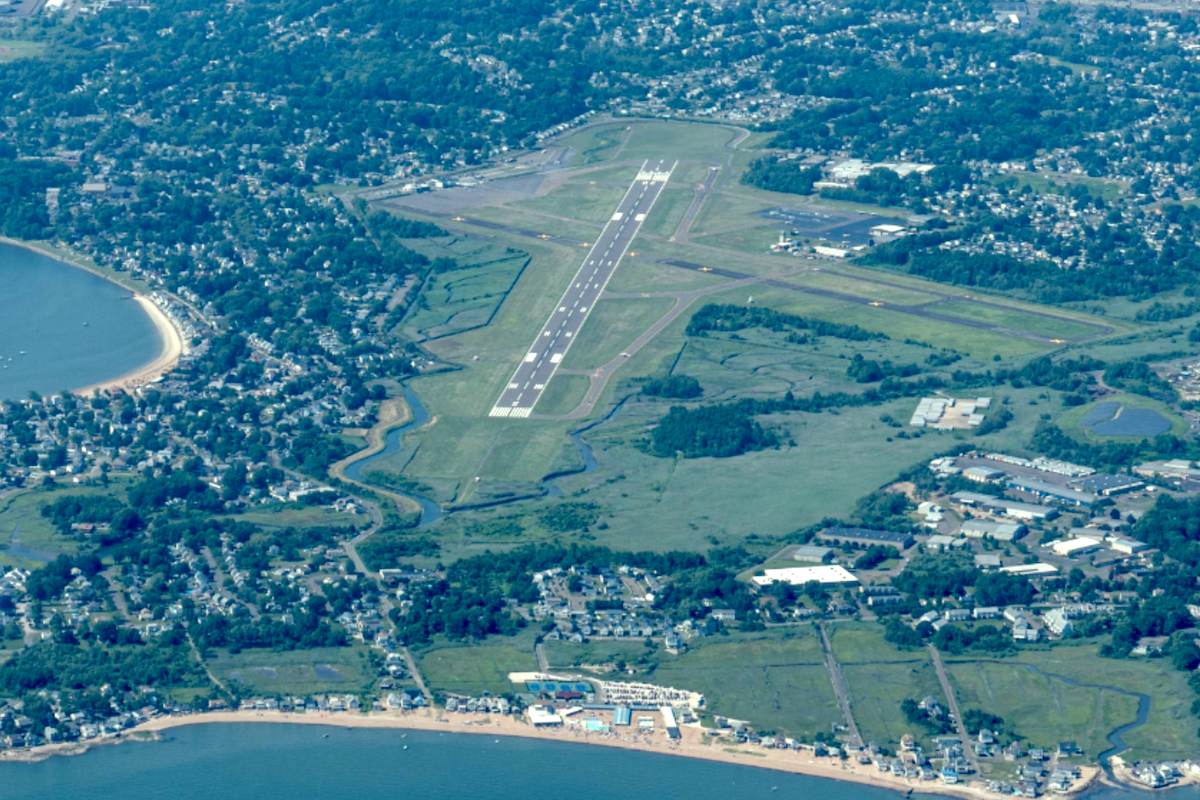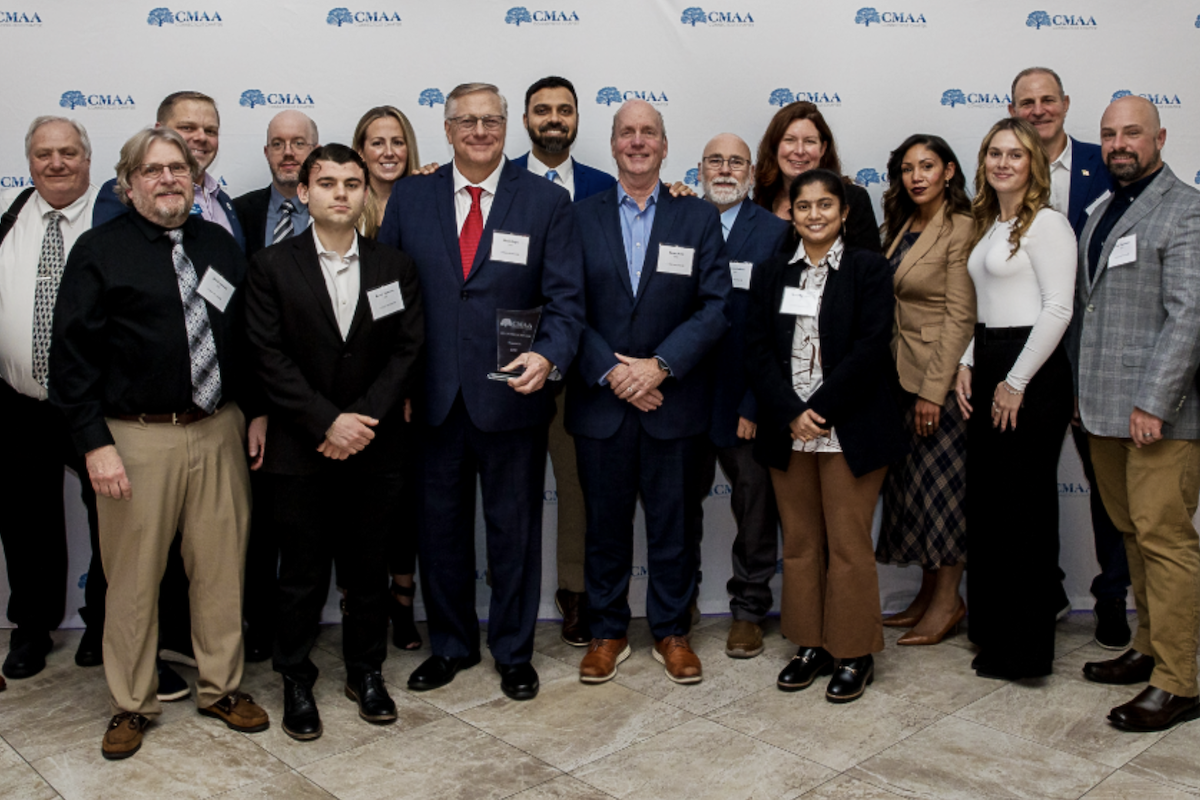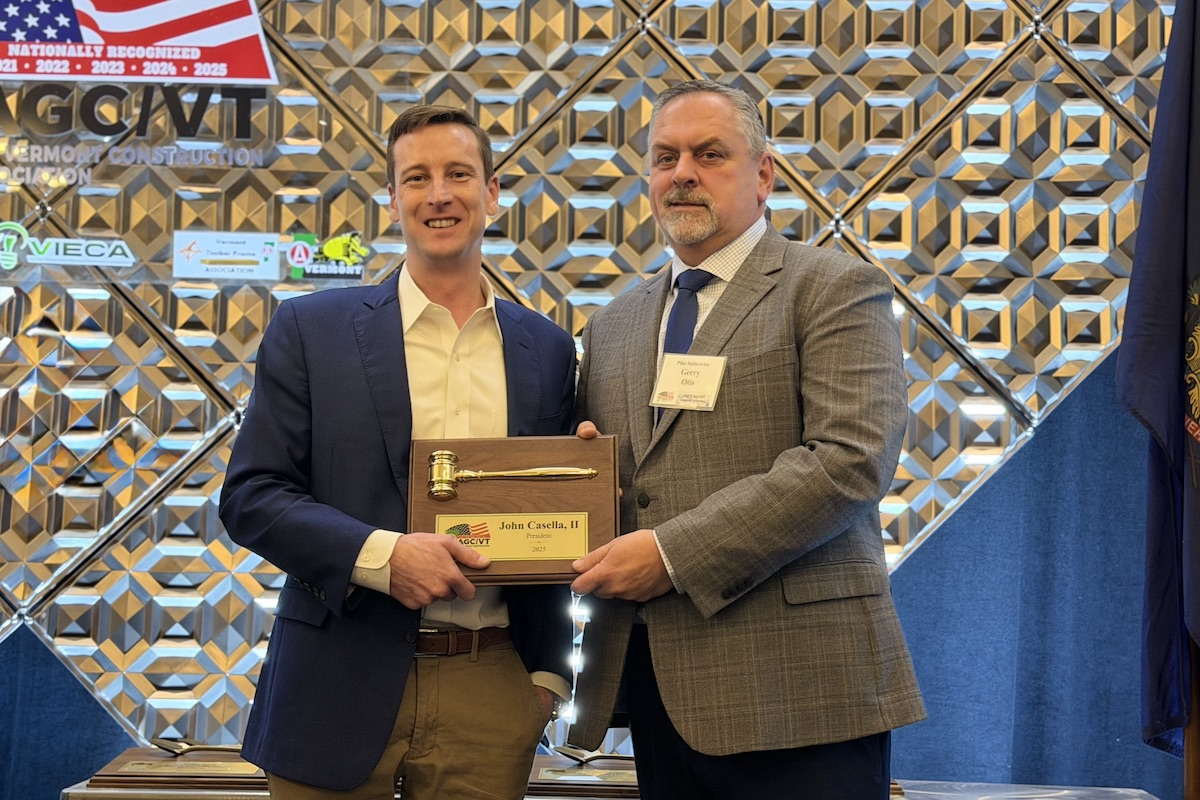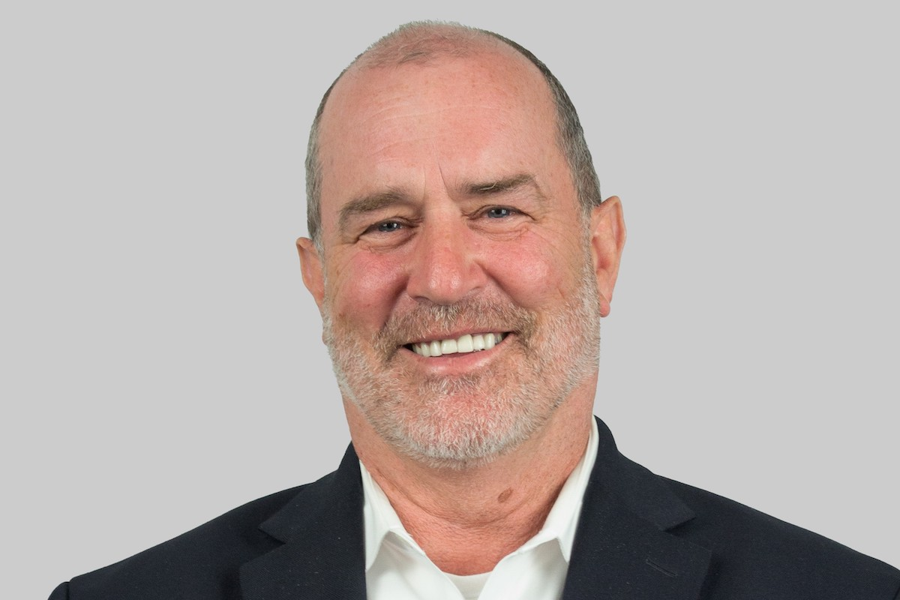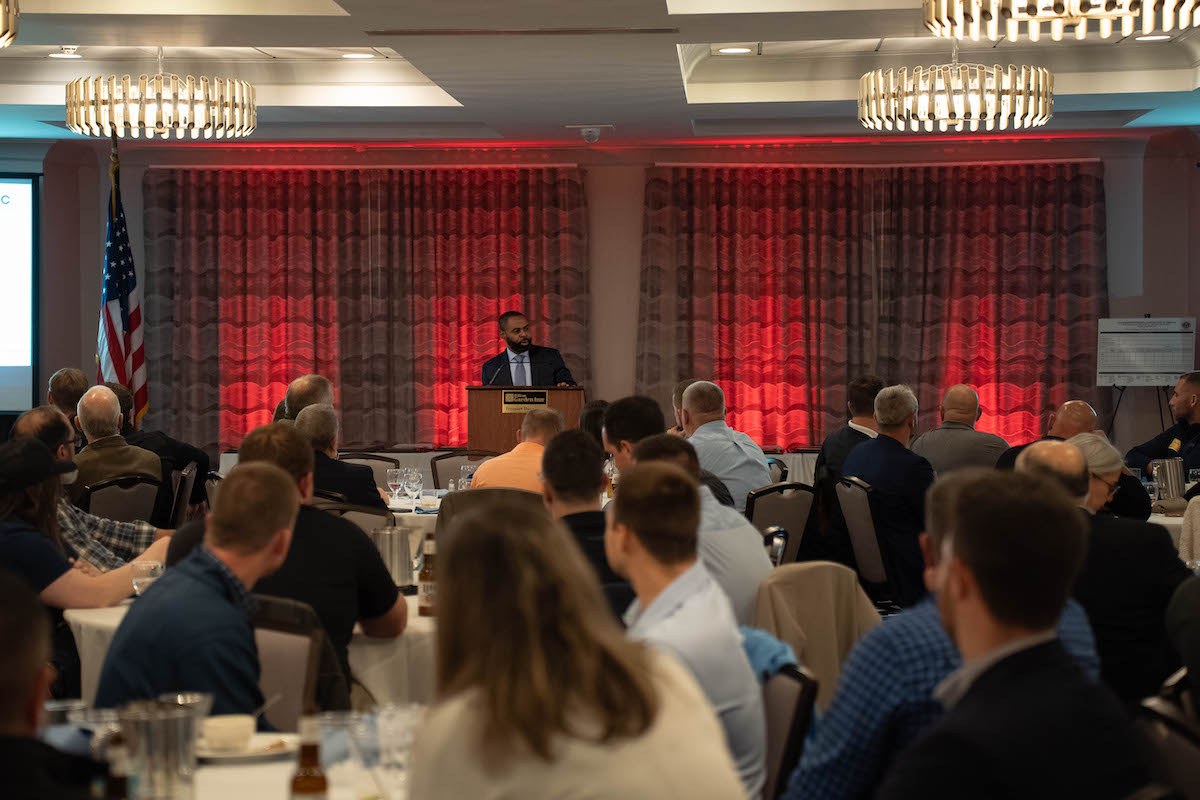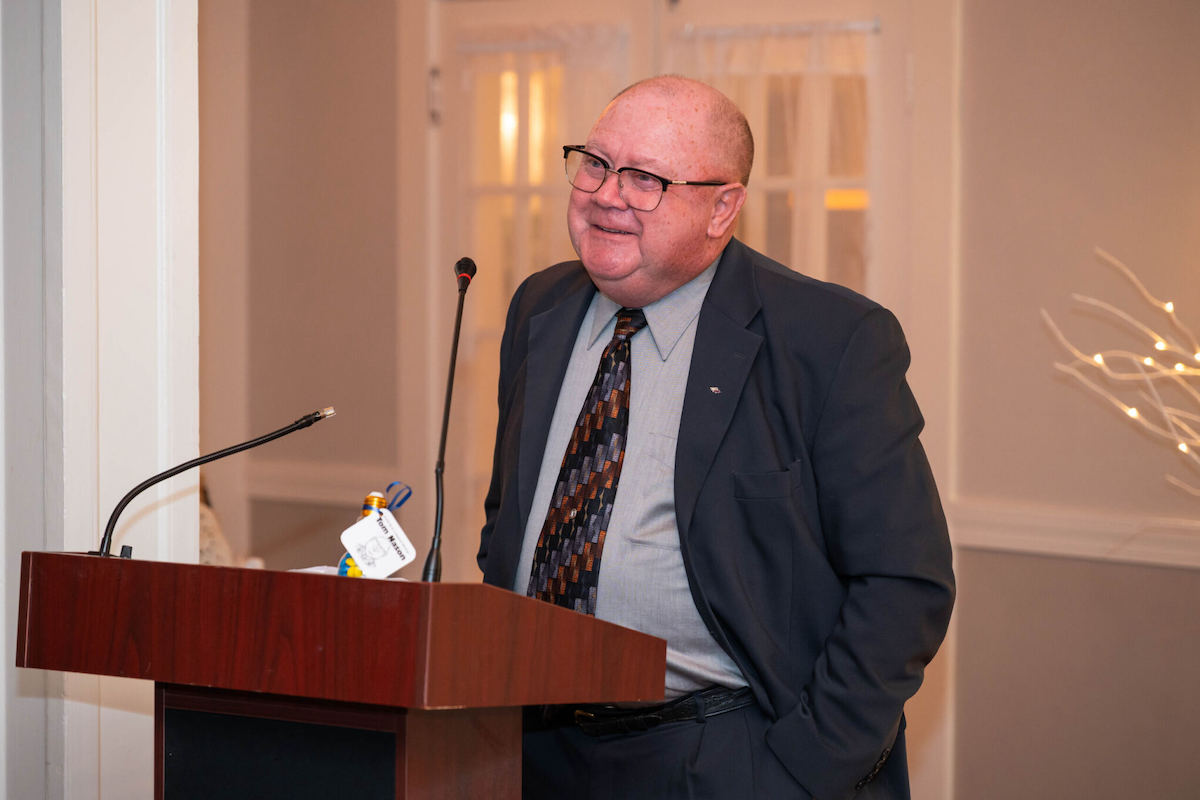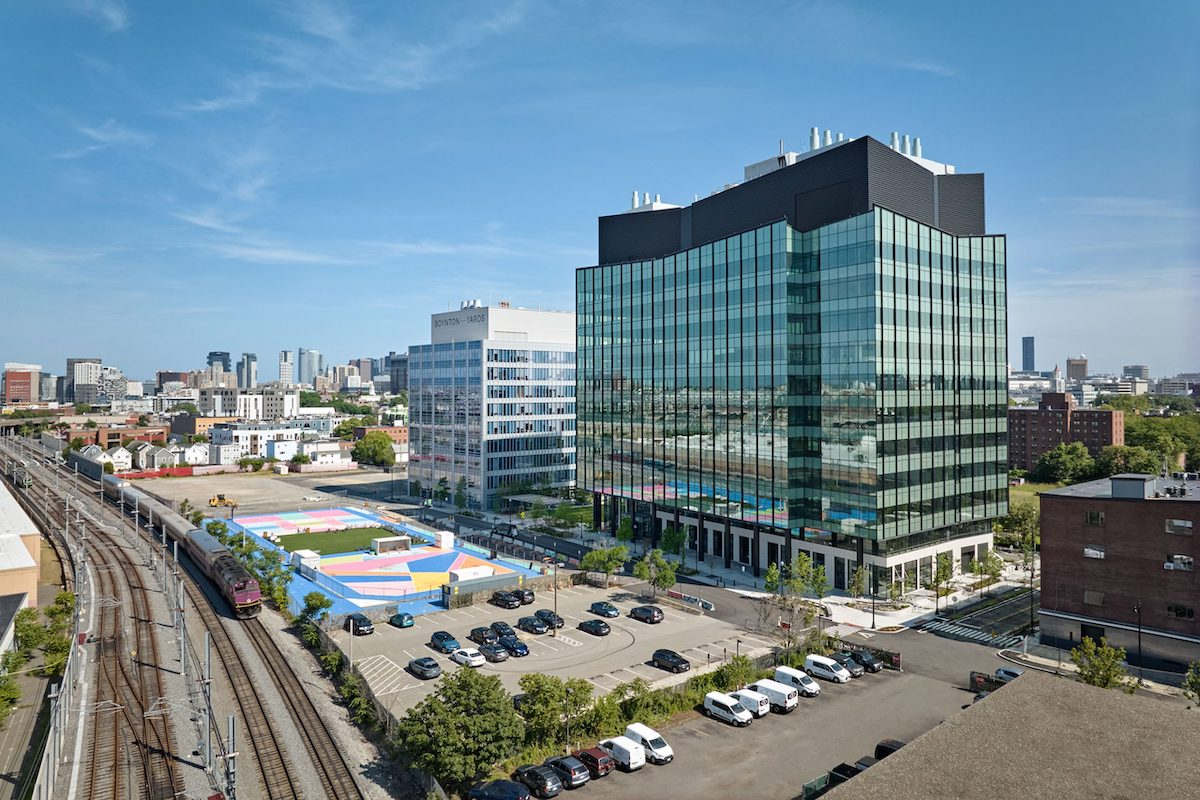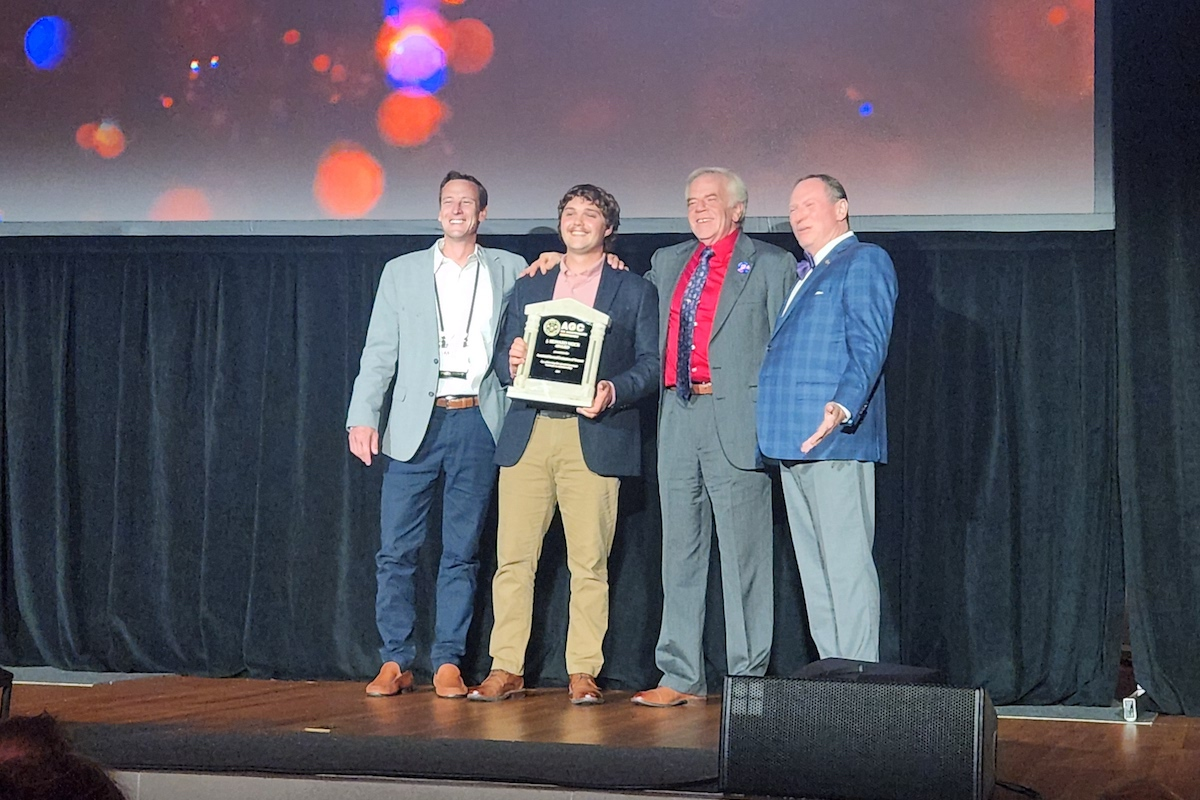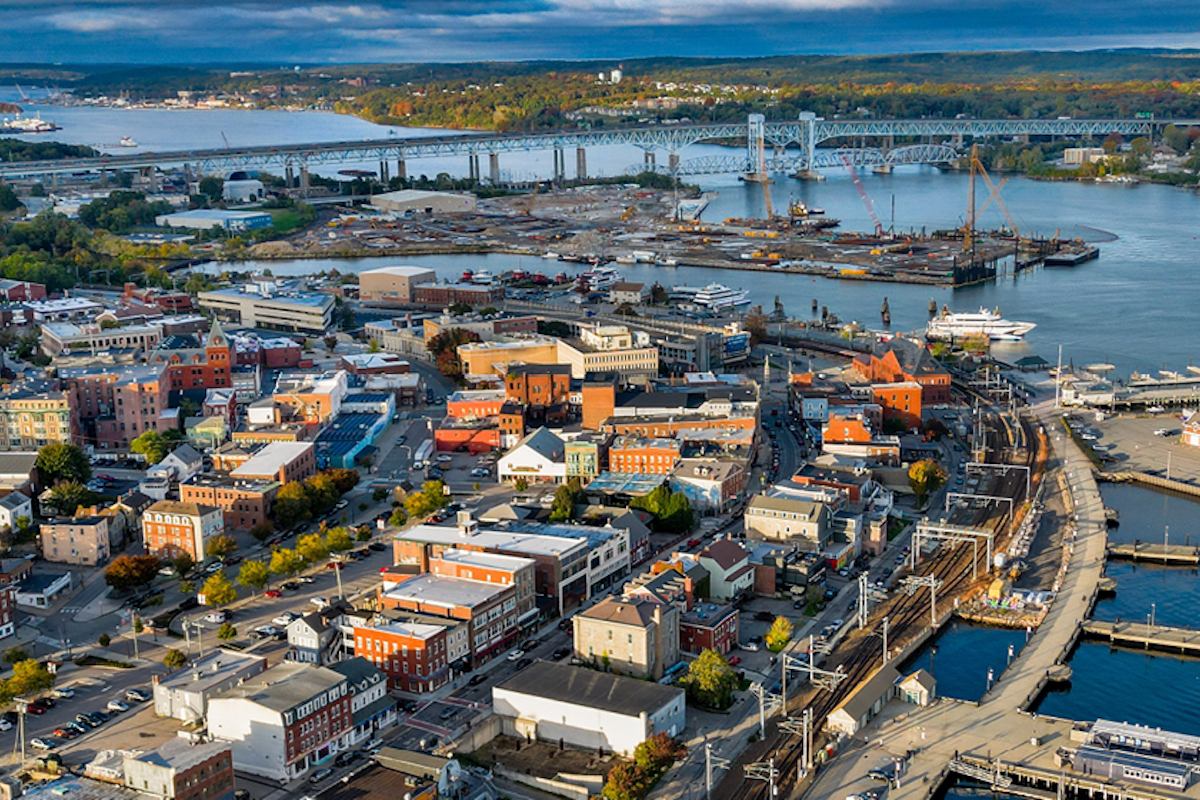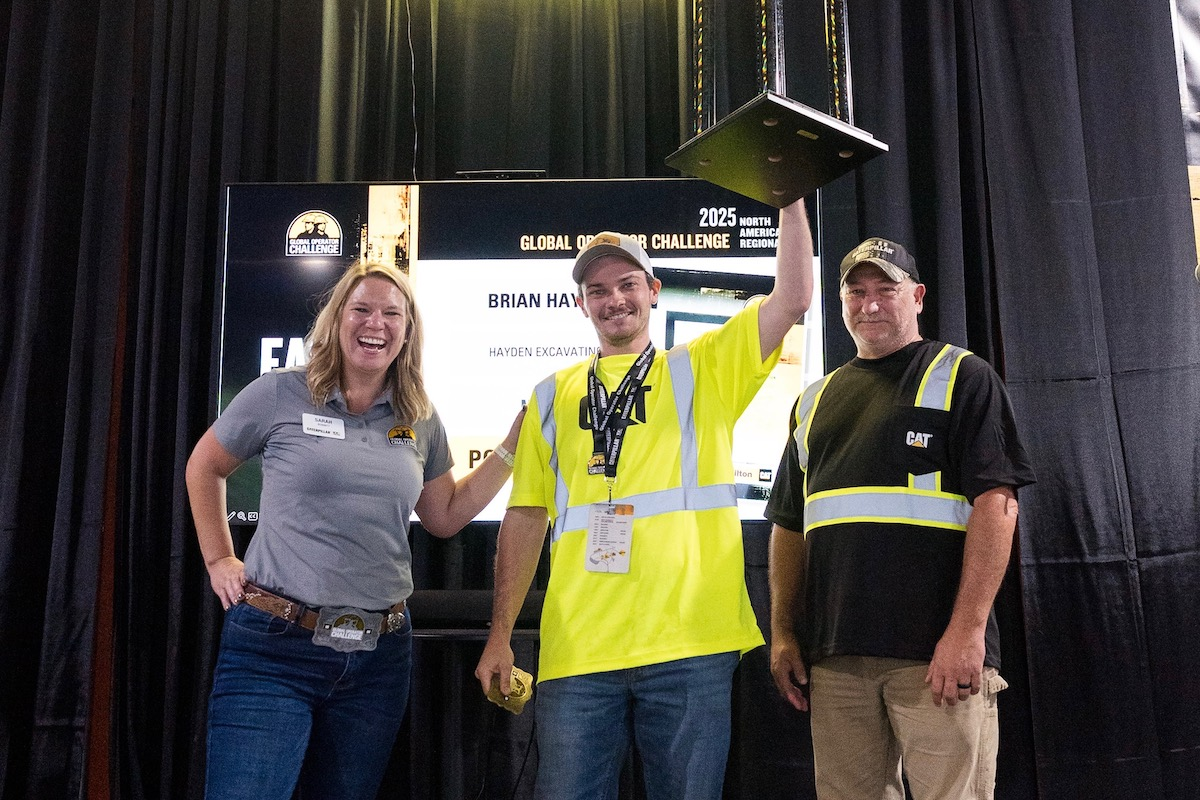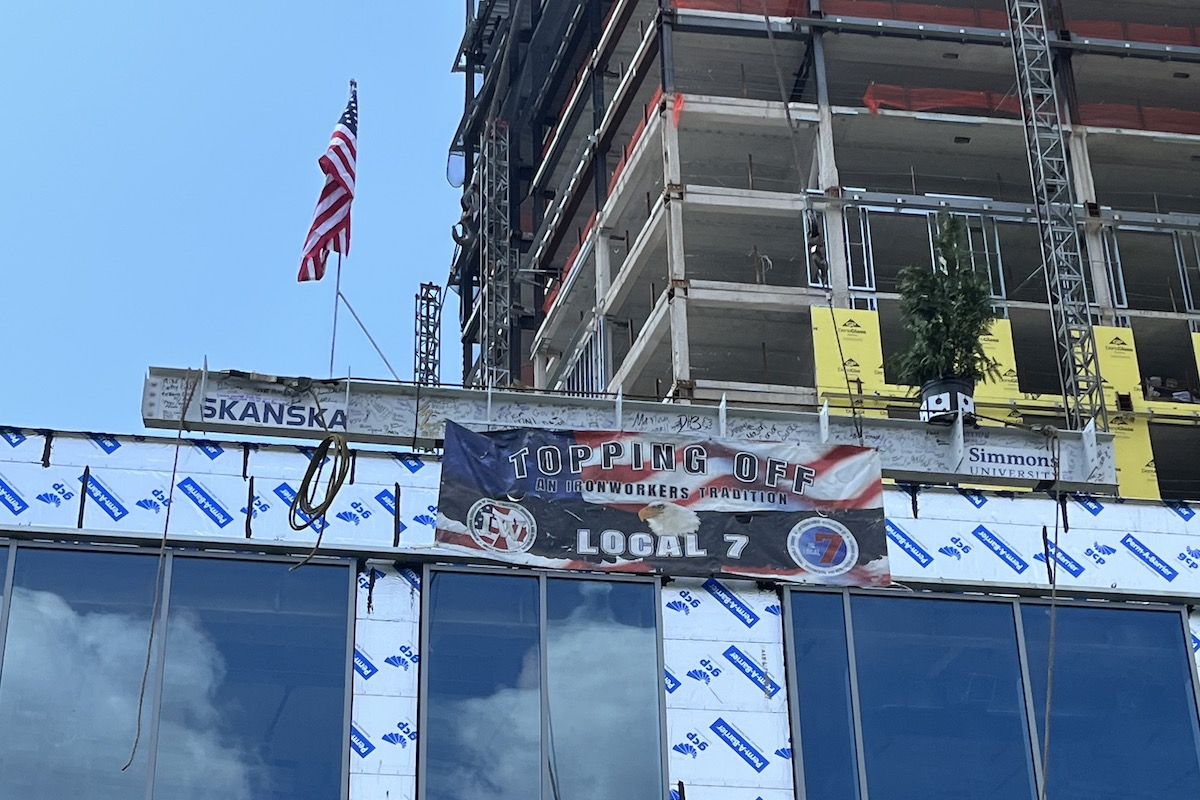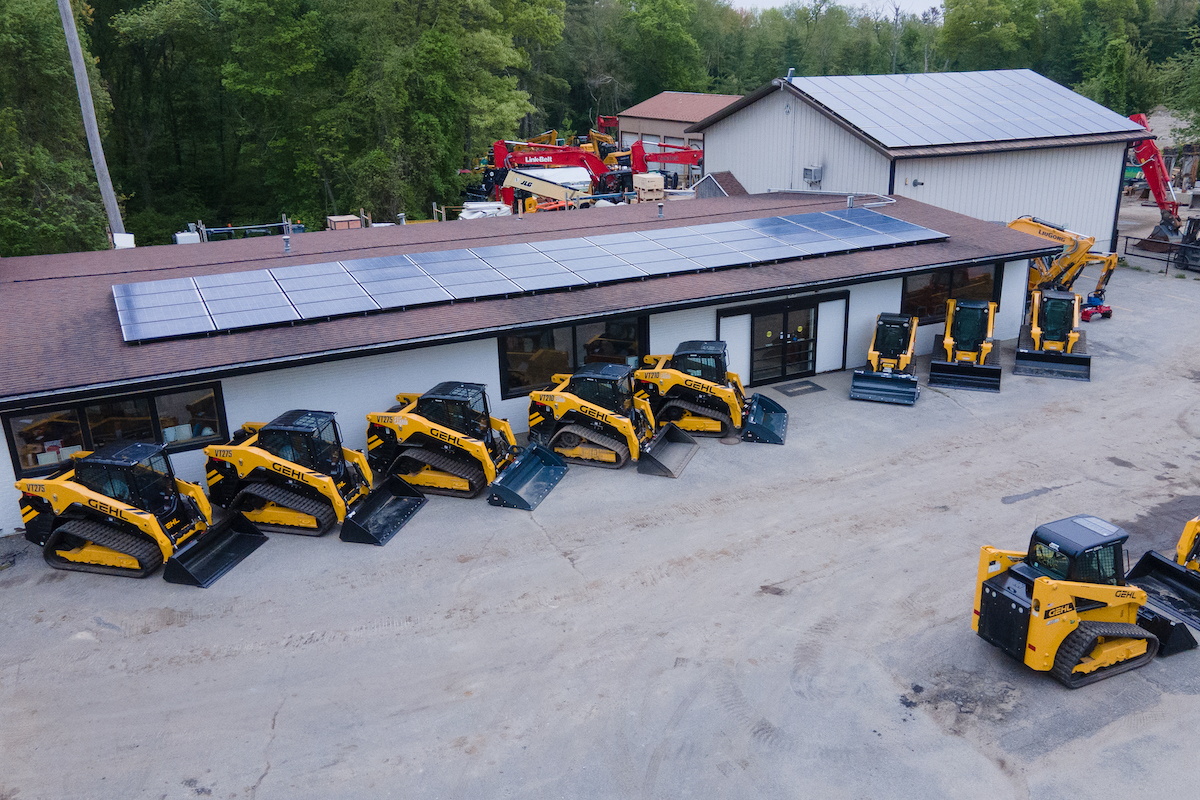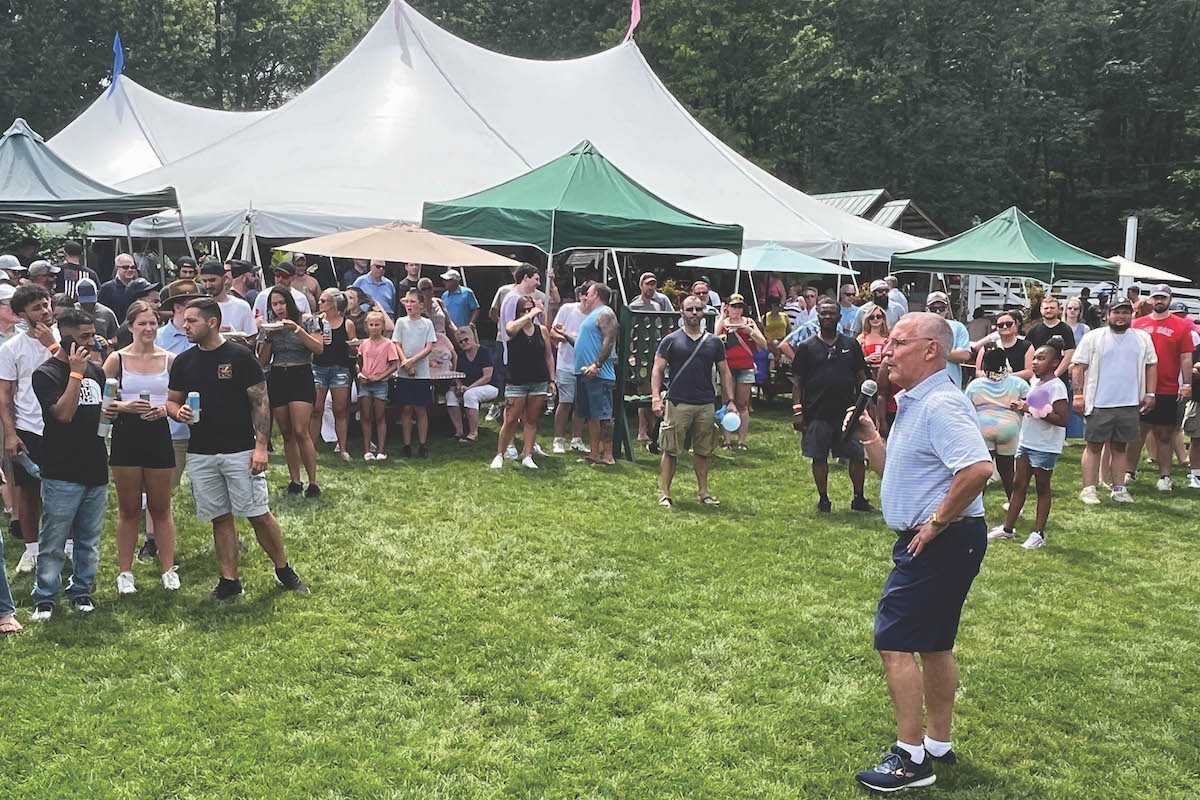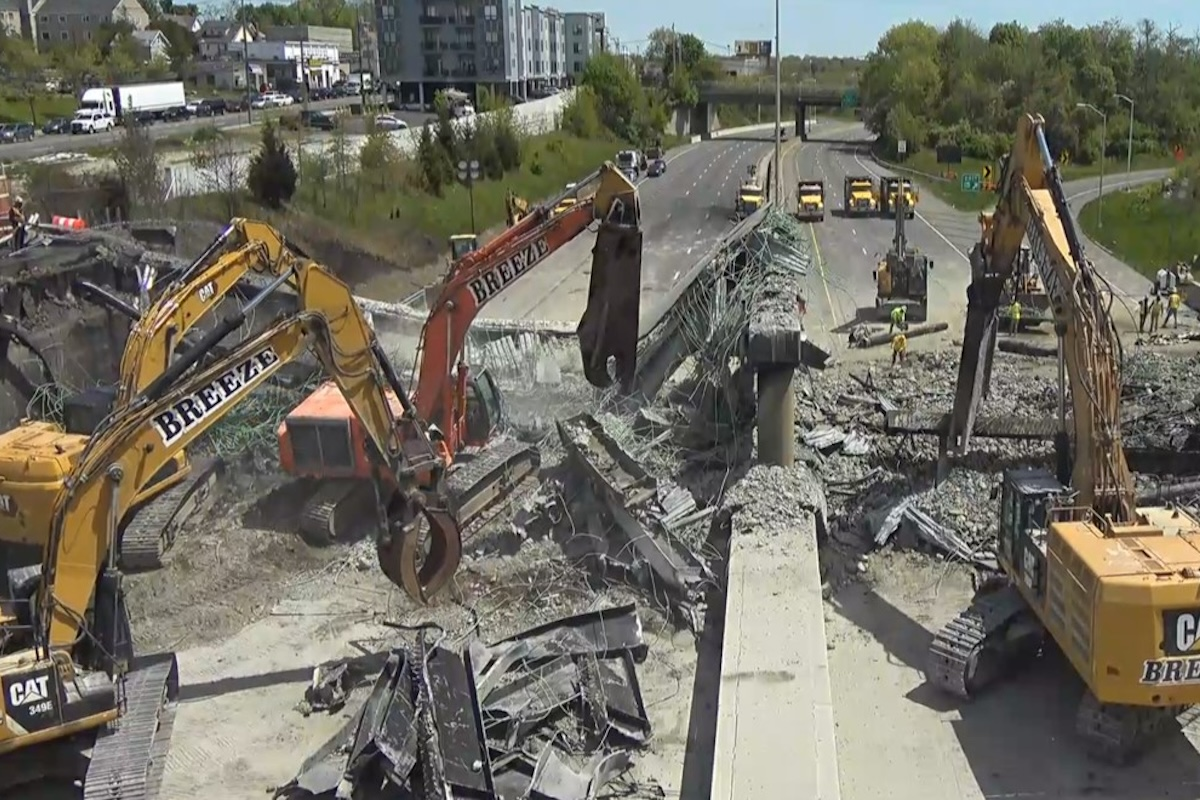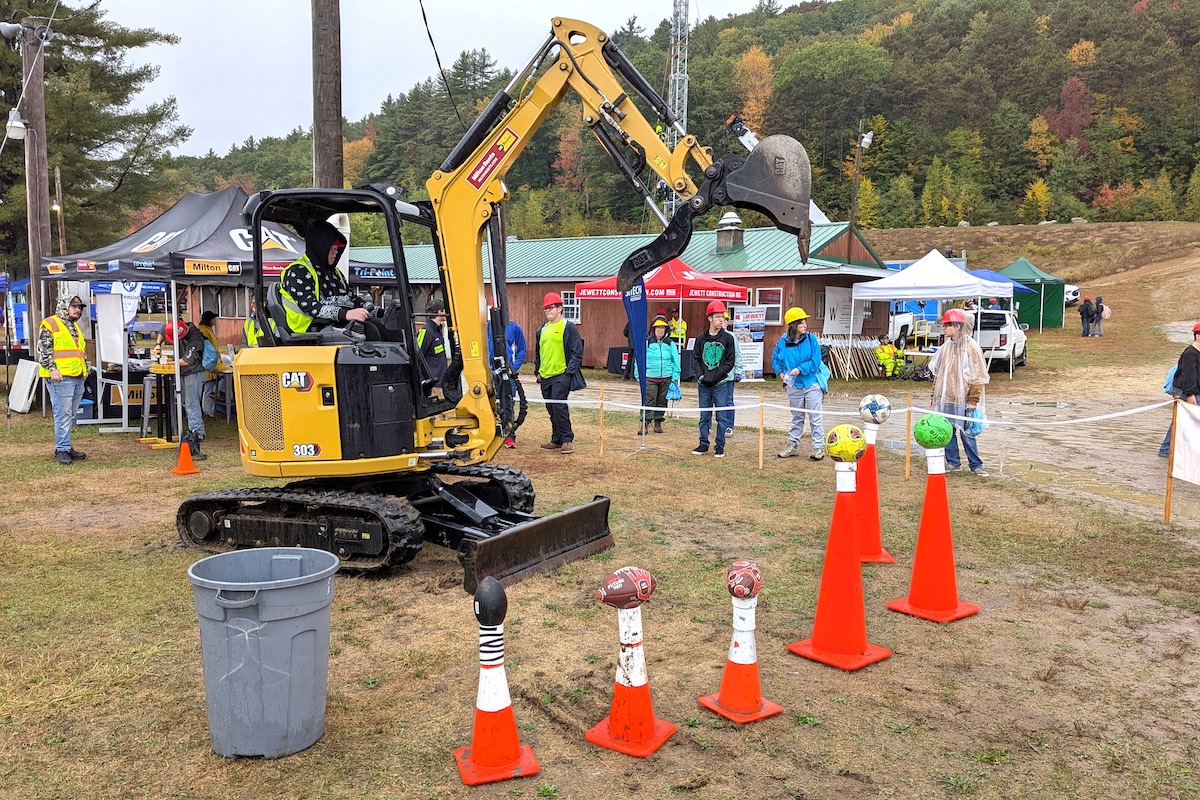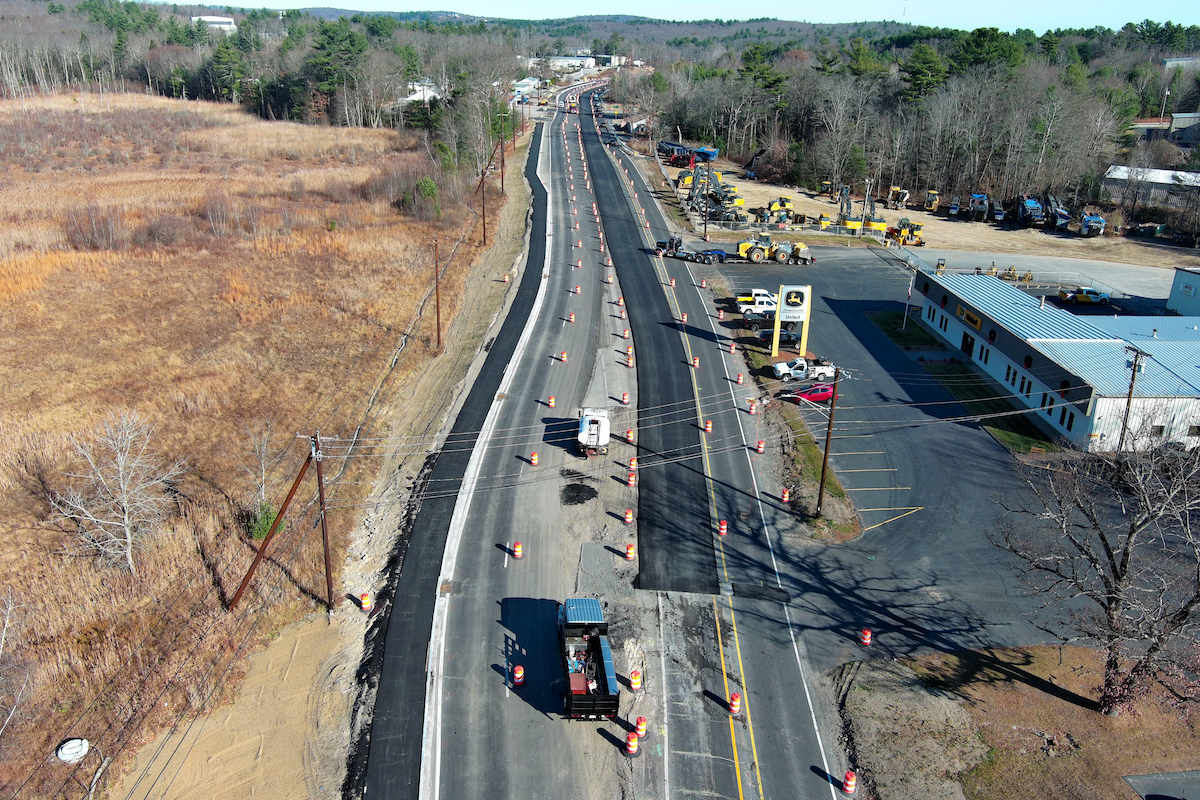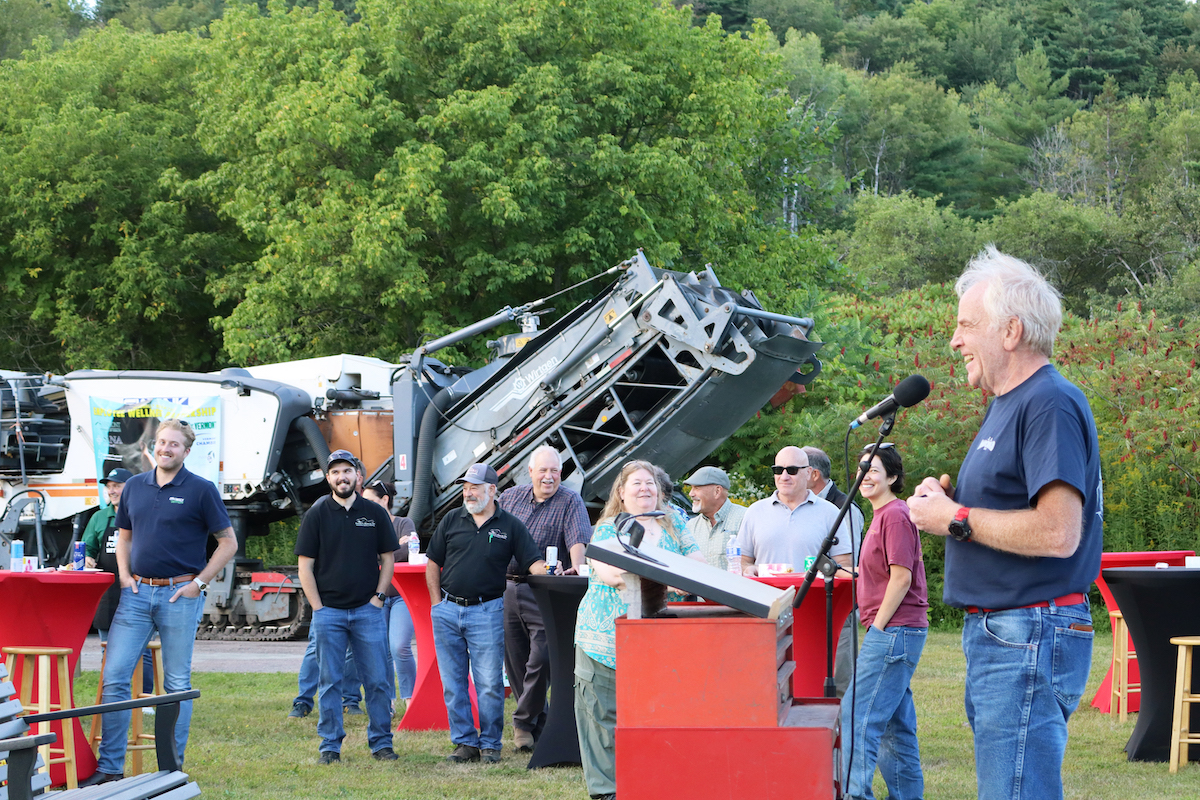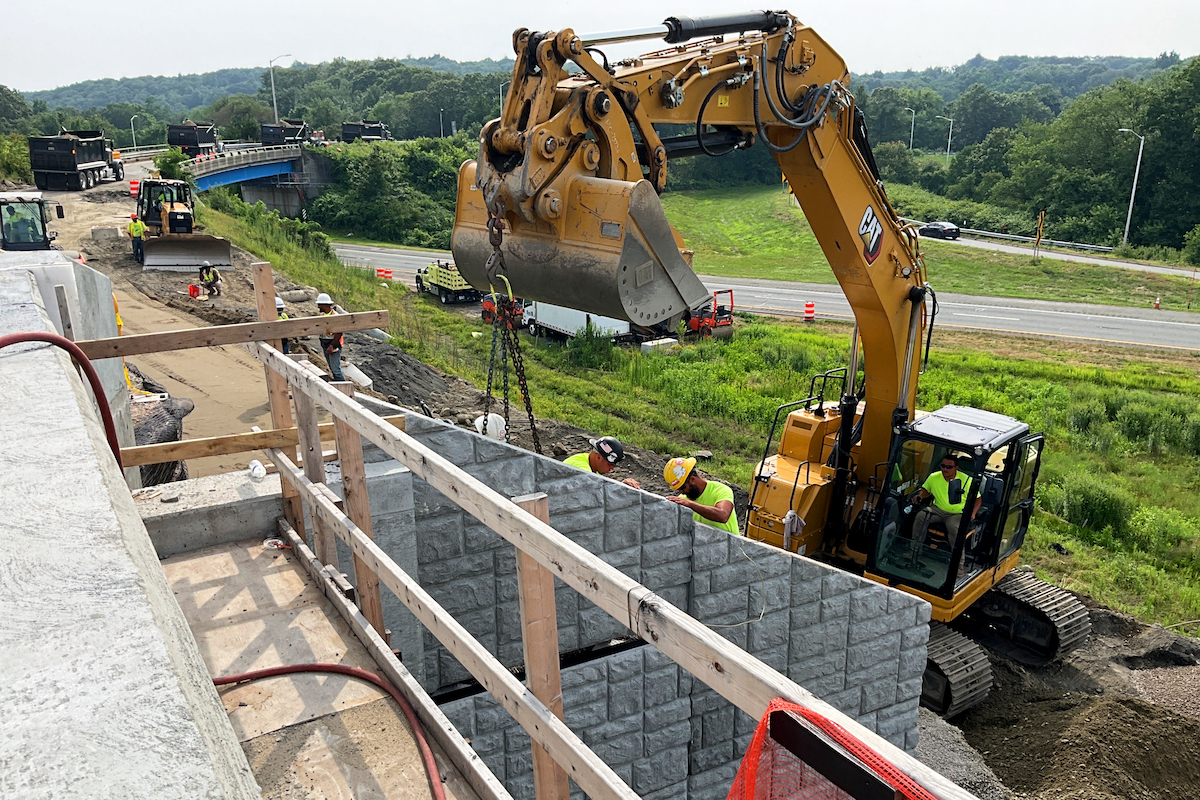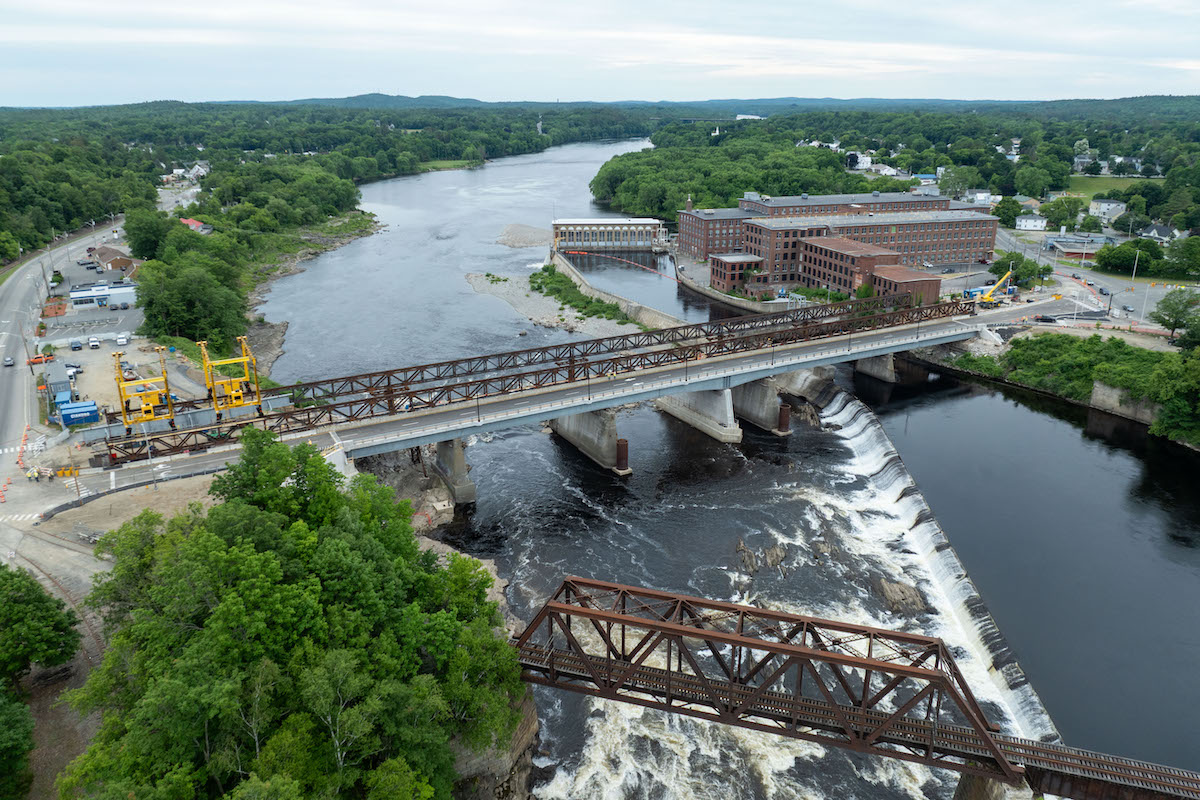WORCESTER, MA — Governor Maura Healey announces a plan to make historic investments in the state’s roads, bridges, and regional transportation system and immediately stabilize the finances of the MBTA, putting it on a path of long-term stability. The investments — representing $8 billion over the next 10 years — would be done without raising taxes and represent the largest state transportation investment in more than 20 years by maximizing Fair Share revenue and other existing resources.
The plan will be filed as legislation as part of the Governor’s fiscal year 2026 budget proposal and an accompanying supplemental budget. It puts into action many of the recommendations made by the Transportation Funding Task Force, which delivered its final report to the Governor outlining multiple steps for stabilizing and enhancing transportation while setting the stage for ongoing discussion about how best to finance investments in transportation into the future.
The Healey-Driscoll administration is maximizing existing Fair Share Funds through an innovative funding mechanism and strong fiscal management. The proposal would:
- Immediately direct $857 million in surplus Fair Share revenue from fiscal year 2024 to public transportation.
- Dedicate $765 million in Fair Share resources from fiscal year 2026 to the Commonwealth Transportation Fund, building on an innovative strategy developed by the Healey-Driscoll administration to maximize Fair Share through borrowing to yield $5 billion over the next 10 years for capital investment bonds in rail, roads, bridges, Regional Transit Authorities, and culverts.
- More than double support for the MBTA’s operating budget to $687 million in fiscal year 2026 and immediately address the agency’s budget shortfall, putting the MBTA on a path of long-term stability. This increase comes after the Governor doubled the operating budget to $314 million in fiscal year 2025.
As part of this capital expansion, Healey filed a multi-year Chapter 90 bill that will grow the size of the funding pool directed to cities and towns to $300 million per year for five years, the highest amount in the history of funding for local roads and sidewalks. This additional $100 million annual investment represents a 50 percent increase to support the repair of municipal roads, bridges, and infrastructure.

| Your local Hyundai dealer |
|---|
| Equipment East |
The combined impact of the Governor’s House 1 budget proposal for fiscal year 2026 and the supplemental budget to spend surplus Fair Share revenue from fiscal year 2024 will achieve a 50/50 split between Fair Share resources dedicated to transportation and education since enacted of the voter-approved surtax. This was one of the key recommendations included in the Transportation Funding Task Force report.
Among the improvements that this funding will allow include:
- $1.4 billion in investments at the MBTA for new commuter rail coaches, Red and Orange Line cars, station accessibility and resilience, track improvements, and power system resiliency.
- $2.5 billion for road and bridge repairs across the state through the Massachusetts Department of Transportation (MassDOT), with money set aside for culverts, small bridge repairs, and safety and congestion hot spots.
- Close the funding gap for the Allston I-90 Multimodal Project.
- Allow for projects advancing West-East Rail to continue to move forward, including capacity improvements near Pittsfield, trackwork and accessibility improvements in Springfield, and station planning in Palmer.
“Governor Healey and Lt. Governor Driscoll have stressed that transportation systems must work if we want our communities to thrive, and the[se] announcements ... further the state's vision to improve infrastructure by recommending significant financing initiatives for the short and long term,” said Monica Tibbits-Nutt, Massachusetts Transportation Secretary and CEO. “With the Governor's plan, we are taking very actionable steps to increase the use of Fair Share revenue, offer municipalities more money through the Chapter 90 program, double support for the MBTA's operating budget, and expand microtransit services.”

| Your local Case Construction Equipment Inc dealer |
|---|
| Beauregard Equipment |
| Monroe Tractor |
After covering $100 million in debt service on new borrowing, the fiscal year 2026 budget will propose to invest:
- $687 million to stabilize MBTA operations, including $500 million from Fair Share to fund programs such as the MBTA Workforce Academy, low-income fares, and water transportation programs
- $110 million for Regional Transit Authorities, including $66 million for formula-based transit improvements, $30 million for Fare Free service, and $10 million to facilitate interconnectivity between RTAs
- $55 million for MassDOT operations, including workforce investments and enhanced capital project delivery
The surplus Fair Share supplemental budget to be filed by Healey will propose to invest $857 million of the $1.3 billion surplus available for spending in transportation, including:
- $400 million to address workforce and safety initiatives identified as necessary by the Federal Transit Authority
- $300 million to replenish MBTA reserves
- $25 million for a Winter Resilience Assistance Program for municipalities
- $25 million for RTA workforce recruitment and retention
- $10 million for microtransit

| Your local Esco Corporation dealer |
|---|
| Genalco |
The multi-pronged financing plan leans on Fair Share, which has performed exceedingly well as a revenue source for Massachusetts. In fiscal year 2024, the state collected $2.46 billion from the surtax, nearly $1.5 billion above what had been budgeted.
The financing plan also calls for using $170 million available from the administration’s pool of federal matching funds to retire the MBTA’s legacy debt ($89 million), freeing up operating capacity at the agency. These matching funds will also continue to support the administration’s strategy of aggressively pursuing federal funding, with matching dollars committed to the Green Line Central Tunnel project as well as local technical assistance and local project matches.
Lastly, the administration plans to use $1.2 billion in Grant Anticipation Notes to borrow against future federal highway grants to finance priority Highway Division projects statewide.












